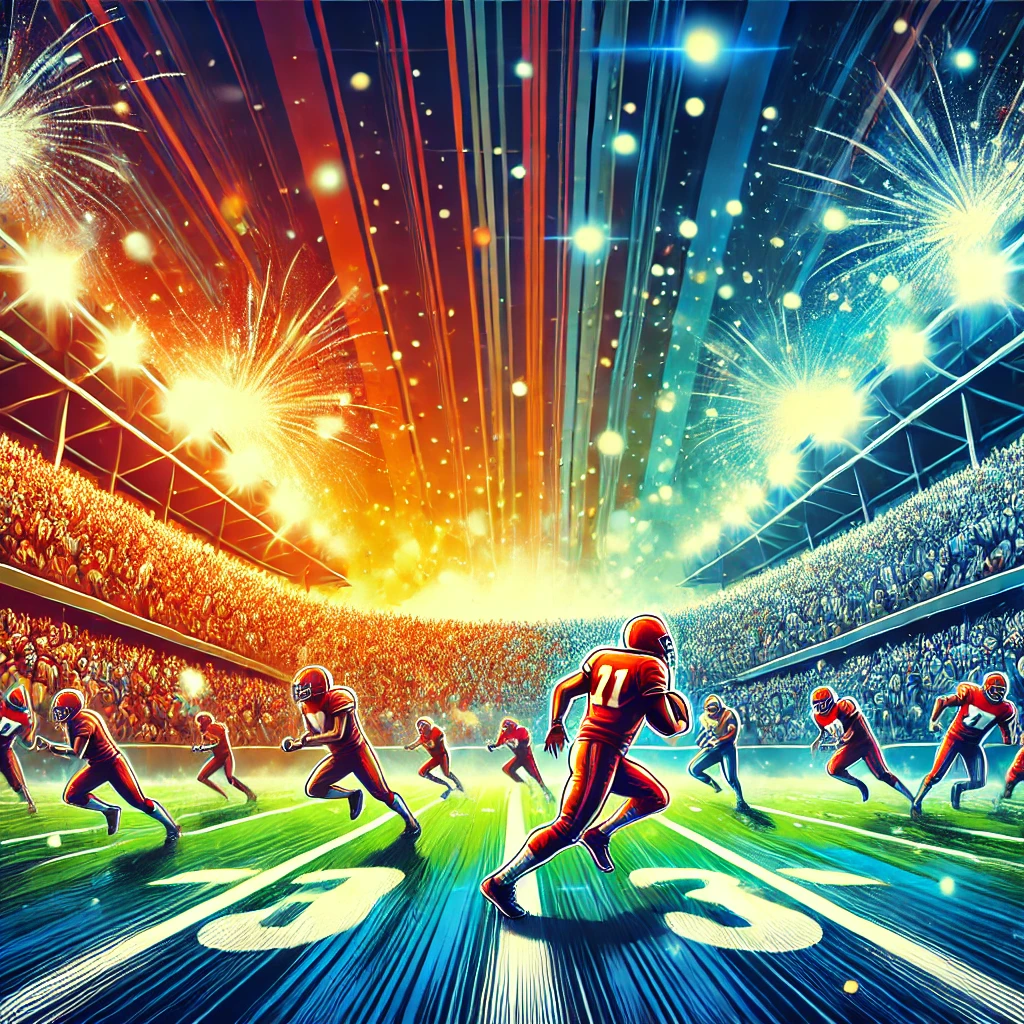NCAA Antitrust Settlements
College athletes have filed antitrust lawsuits against the NCAA, challenging restrictions on compensation for name, image, and likeness (NIL). The lawsuits argue that these policies violate antitrust laws by limiting athletes’ earning potential and unfairly restricting their ability to profit from their personal brand.
These lawsuits have gained traction following a landmark Supreme Court decision in 2021, NCAA v. Alston, which struck down certain NCAA rules restricting education-related benefits for student-athletes. This legal momentum has fueled broader challenges to the NCAA’s amateurism model, pushing for systemic reforms that recognize athletes as professionals deserving of fair compensation.
Is the Case Strong? The case against the NCAA is bolstered by growing public support and legal precedents that challenge the organization’s restrictive policies. Advocates for NIL compensation highlight the inequities faced by student-athletes who generate millions in revenue for their schools while often struggling to meet basic financial needs. For instance, a Division I football player’s image might be featured on national television, generating sponsorship deals for the university, yet the athlete may not see a dime from these arrangements.
Critics argue that NIL compensation could undermine the integrity of college sports by creating disparities among teams and athletes. Smaller programs might struggle to compete with powerhouse schools capable of offering lucrative NIL opportunities, potentially widening the gap between top-tier and lower-tier programs.
Legal experts contend that the NCAA’s reliance on the concept of amateurism is increasingly untenable in a marketplace that values individual rights and economic freedom. The lawsuits are likely to hinge on whether the NCAA’s policies constitute unreasonable restraints on trade under antitrust law. If the courts find that these restrictions harm competition and exploit athletes, the NCAA may face significant reforms.
Who Should Bear Responsibility? Responsibility for addressing these issues lies with the NCAA, member institutions, and policymakers. The NCAA must adapt to changing expectations by implementing fair NIL policies that align with antitrust law while preserving the competitive balance of college sports. Universities and athletic programs also share responsibility for ensuring that student-athletes receive equitable treatment without compromising academic integrity.
Policymakers can play a critical role by establishing clear national guidelines for NIL compensation, reducing the patchwork of state laws that currently govern these arrangements. Such uniformity would create a level playing field for all institutions and athletes, fostering fairness and compliance across the board.
The broader implications of these lawsuits extend beyond college sports. They reflect a societal shift toward recognizing the rights of individuals to control their labor and profit from their talents. As these cases unfold, they will likely influence discussions about workers’ rights, labor laws, and the future of amateurism in professional and semi-professional arenas.
The NCAA’s antitrust lawsuits mark a turning point in the organization’s history, challenging long-standing norms that have governed college athletics. While the outcomes remain uncertain, the push for NIL compensation represents a broader demand for justice and equity in sports. Balancing the interests of athletes, schools, and fans will require collaboration, innovation, and a commitment to fairness.
As the legal battles progress, they will shape the future of college sports, redefining the roles and rights of student-athletes in an evolving landscape. Whether through court rulings or negotiated settlements, the resolution of these cases will have lasting impacts on the intersection of law, sports, and society.


